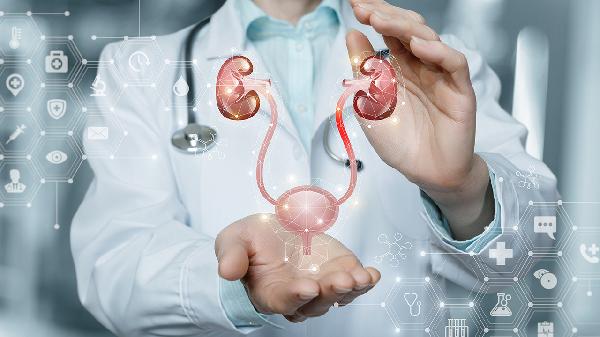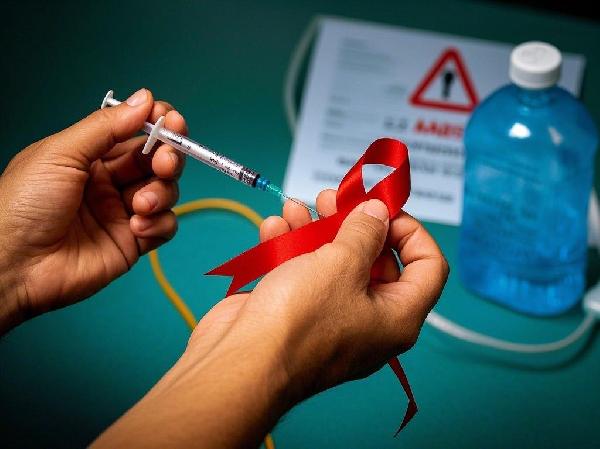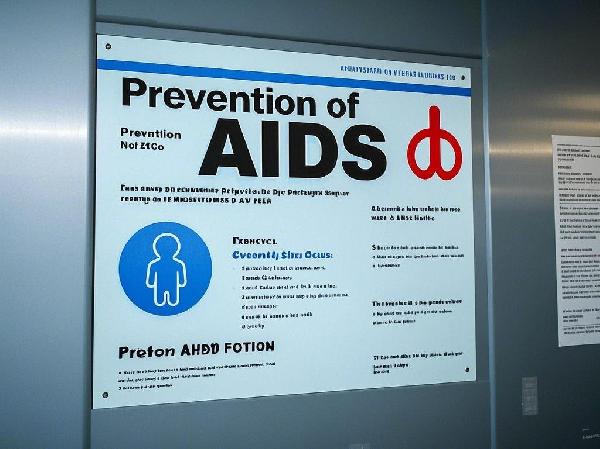What should be paid attention to in the diet and health care of HIV infection? While undergoing drug treatment, individuals infected with HIV and AIDS patients should also actively seek nutritional support. The primary goal of nutritional support is to promote protein synthesis in the body, provide essential nutrients for the recovery of immune function, store energy, and maintain the function of human organs. In a sense, nutritional support plays a complementary role to drug treatment in improving the quality of life of individuals infected with HIV and AIDS patients.

Focus on a high-protein and high-calorie diet
Typically, individuals infected with HIV and AIDS patients may experience increased protein consumption, reduced intestinal absorption capacity, and weight loss due to changes in their physical condition. Additionally, taking medications can also affect the body's hematopoietic function. In response to these characteristics, the diet of patients and infected individuals should primarily consist of high-protein and calorie-rich foods, following the dietary principle of "variety, moderation, and balance." Beneficial high-protein foods include: fish and shellfish such as seawater fish, shrimp, cuttlefish, shellfish, crab, etc.; poultry like chicken, pigeon, rabbit; dairy products like high-quality cheese; eggs such as chicken eggs, duck eggs; legumes like tofu, soy milk, or other soy products; and other meats. A high-protein diet can increase the burden on the kidneys, so if there is any physical discomfort, please contact a doctor or dietitian to make appropriate dietary adjustments.
Pay attention to supplementing vitamins and minerals
It is advisable to eat more fresh fruits and vegetables, especially those rich in carotenoids (such as spinach, kale, sweet potatoes, pumpkin, carrots), vitamin C (such as green peppers, oranges, broccoli, spinach), vitamin E (such as hazelnuts, pine nuts, pistachios, almonds), and zinc (such as oysters, shellfish, grains). Try to eat fewer high-fat foods and reduce sweets intake. Currently, there is no definitive evidence that food can prevent or reduce HIV infection, but some foods can enhance the immune system and reduce complications. Scientists have found in experiments that vitamin C and glutathione can inhibit HIV, with glutathione inhibiting the virus by up to 90%. Since the content of glutathione in the bodies of infected individuals is relatively low, this suggests that glutathione may help inhibit viral replication. Glutathione is present in many foods, with higher levels found in asparagus and watermelon, as well as fresh grapes, oranges, strawberries, peaches, pumpkin, and broccoli. It should be noted that canned and processed foods contain only 1/8 of the glutathione found in fresh foods. Additionally, heating, grinding, or juicing these foods can also cause some loss of glutathione. Shiitake mushrooms can also enhance immune function. Experimental results from Japan indicate that shiitake mushrooms have certain anti-HIV effects.
Pay attention to dietary hygiene
Due to the weakened immune function of individuals infected with HIV and AIDS patients, special attention should be paid to dietary hygiene. Avoid eating unclean raw or undercooked foods, always wash hands before eating, and pay attention to the environmental hygiene during meals. In the event of diarrhea, drink more fluids, such as water and non-citric acid juices, to replenish water, but avoid beverages containing caffeine (such as coffee, cola) and dairy products. Do not eat fried foods and fresh fruits until the diarrhea has fully recovered.
























